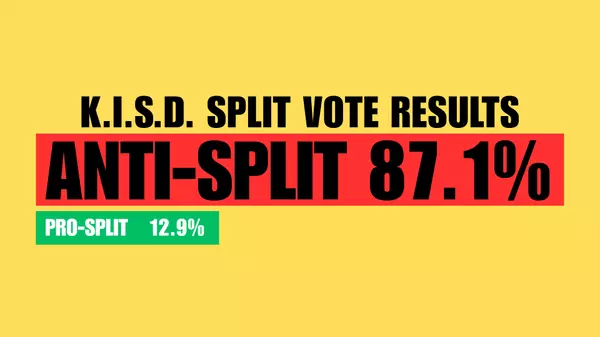Secret Taxes and Shifty Ways You're Getting Gouged by the Tax Man

There are little nuances and loopholes in the law that politicians and taxing entities use to increase your taxes.
This blog post is a compilation of different concerns people bring to me (in their own words) identifying these issues.
I cannot vouch for the validity of these comments. I just feel that this is an important conversation and these concerns need to be brought to light and affirmed then fought or debunked and dismissed.
Here you go:
Anticipation Notes are the new product for getting around the Voter-Approval Tax rate.
Contribution by JH:
The Voter-Approval Rate is figured using this calculation: (No-New-Revenue Maintenance and Operations Rate x 1.035) + (current Debt Service Tax Rate). Increases in the Debt Service Rate are not applied towards the Voter-Approval Rate calculation.
In light of the restrictions placed on local government entities by the recent passing of legislation, bond counsels and bond dealers have discovered a new way of using Anticipation notes to fill local government entities need to fund expanding government. Bond counsel, like Bickerstaff’s David Mendez, are advising local government entities to forego the traditional pay-as-you-go approach to budgeting and begin using M&O funds -Anticipation notes- to pay for items that Mendez calls "routine capital items." According to him, these are things like "law enforcement vehicles," "gravel and road base material," "computers, or office equipment." This clever loophole allows local entities the ability to spend over the Voter-Approval rate and not be subject to a rollback election. Here is an article in the August 2020 Texas County Progress, titled ‘Using Anticipation Notes to Finance Capital Expenditures’ by David Mendez explaining it. https://dashboard.mazsystems.com/webreader/68481?page=20
Because the Voter-Approval rate does not take the Debt Service rate into account, entities can borrow as much money as the want each year as long as the financial market sees fit. And because Anticipation notes repayments can be back-end loaded, governing bodies can issue notes that do not hit taxpayers’ pocketbooks until years after they are passed. Or in the case of Aransas County, 5 years. How can taxpayers be expected to hold elected officials accountable for their actions when the actions took place 5 years prior, and the required notification was an agenda item on a 72-hour meeting announcement?
The Legislature tried to help local citizens get government spending under control. Instead, I fear, what it really did was lead us more down the path of debt slavery.
___________
MUD's PID's and MMD's
Contributed by FT:
I have some issues with all the Special Local Law districts, created legislatively with little or no accountability to residents or the Counties and Municipalities they were created within.
They are another way to hide true costs of taxes from homeowners. Some of these assessments are as high as $5000/year to an individual homeowner. Additionally administrative costs can be increased each year. http://www.texas-statutes.com/special-district-local-laws-code
Municipal Management District (MMD)
Can be funded by an ad valorem tax (MUD) or assessment (PID). Usually created by State Legislature or Texas Commission on Environmental Quality.
They are usually administered by law firms.
At issue is assessment and notification of buyers at contract, and cost controls in future years.
Take a look at this MMD document that “shall be” attached to home purchase contracts. This is from the MMD I just got out of. It contains a decent explanation. Many don’t see it until Title/Closing, which is typically too late. If used as designed and specified buyers would be fully aware and there would be NO issue with notification. Approximately 70% of buyers don’t recall being informed.
It’s still a government COST to buyers with little to no accountability or control of increases. It’s also lien-able if not paid.
Homebuyers who sell to others MUST disclose, but builders and developers typically don’t.
That’s the primer, 30,00 foot view.
Categories
- All Blogs (117)
- Basics (17)
- Buyer Psychology (3)
- Career (1)
- CCR in the News (14)
- Community (21)
- Downsizing (3)
- Election (6)
- Financial Advice (13)
- Foreclosure (1)
- Heritage Subdivision (3)
- Home Refinancing (4)
- Home Search (2)
- How-to (22)
- HUD Homes (2)
- Just for fun (10)
- Legislative Involvement (5)
- Making an offer (5)
- Mortgage (2)
- Negotation (4)
- Preparing to Sell (10)
- Print media (3)
- Property Tax (53)
- Real Estate Market Report (25)
- Robert Montoya (1)
- Senior Housing (1)
- State (3)
- Static (1)
- TAD Reform (8)
- Tarrant County (13)
- Testifying (2)
Recent Posts











